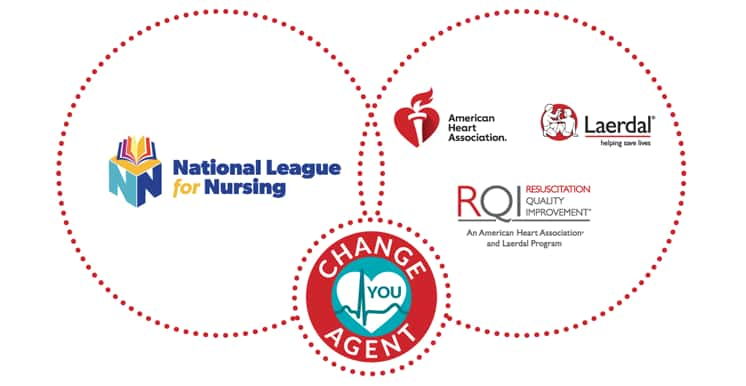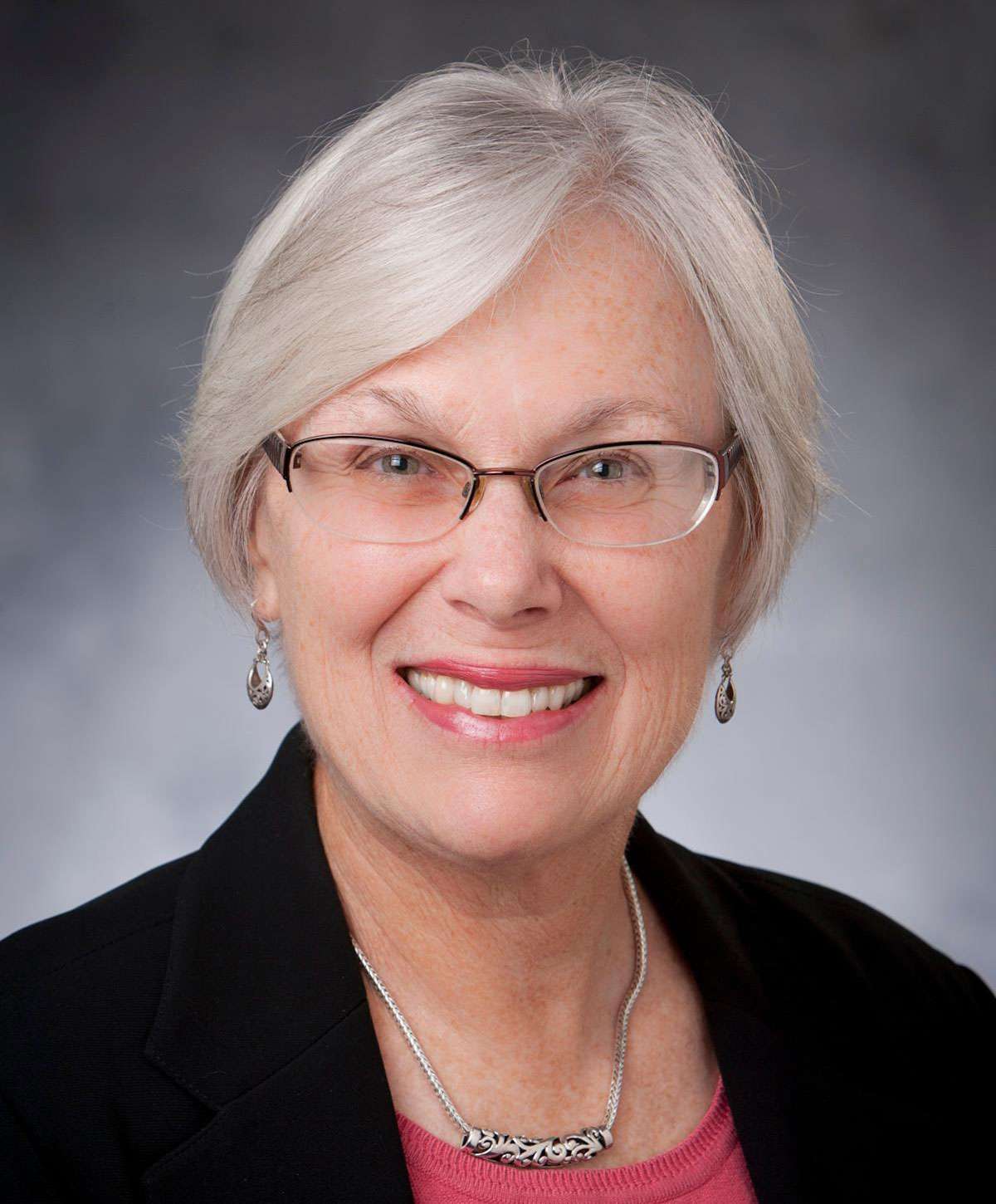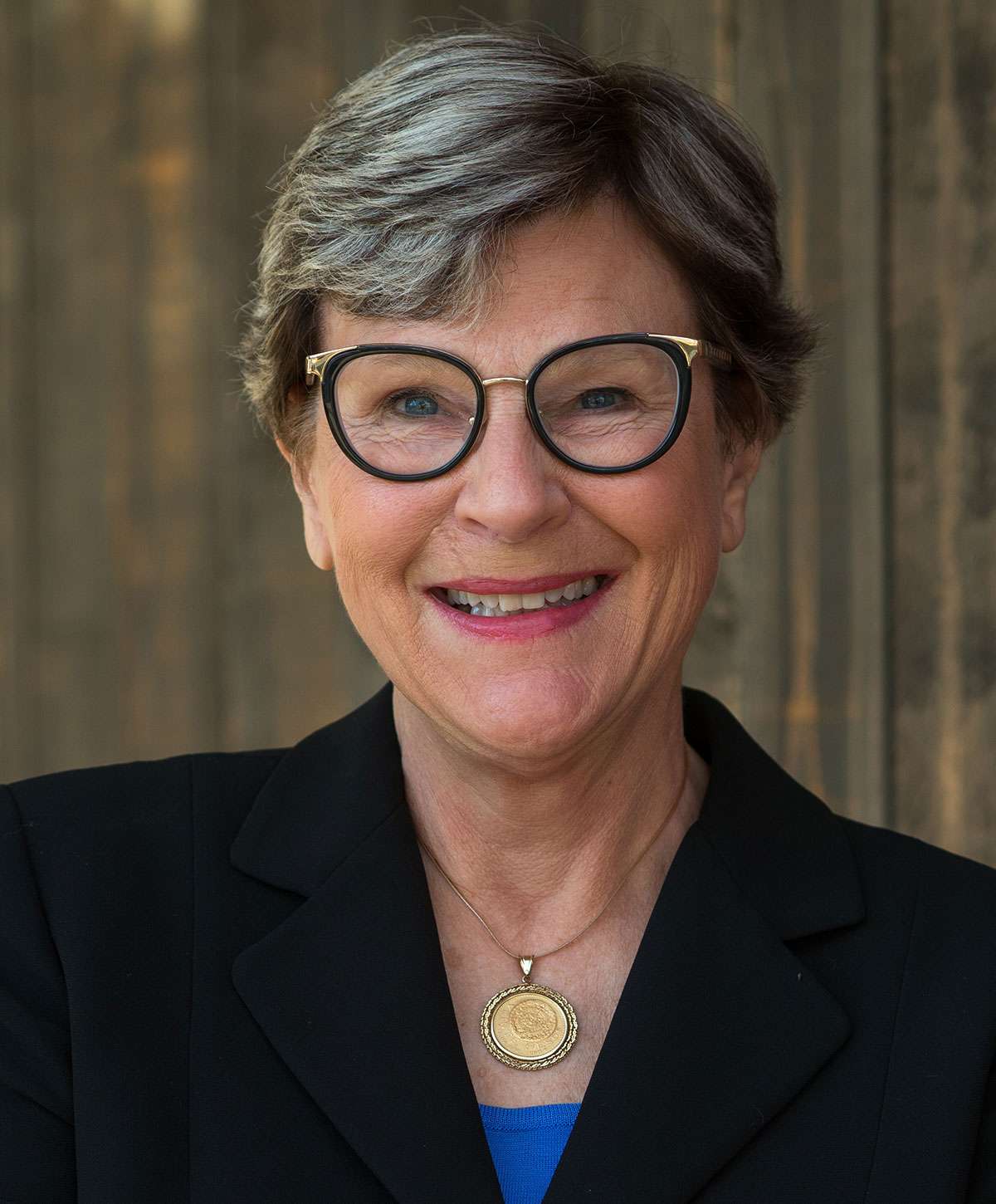A Partnership for Quality Improvement in Resuscitation
6:23
The National League for Nursing (NLN), the premier professional organization for nurse faculty and leaders in nursing education, and its long-standing Alliance partner Laerdal Medical, announce a new partnership to help advance transformation of the standard of resuscitation care for in-hospital cardiac arrest. The organizations are committed to supporting Resuscitation Quality Improvement® (RQI®) program adoption by nursing programs at higher education institutions to help prepare future nursing professionals to respond to cardiac arrest events competently and confidently — leading to improvement in survival rates. It is estimated that more than 150,000 students graduate each year from nursing programs at U.S. colleges and universities.

In 2004, Laerdal commissioned research partnering with the NLN members Marilyn H. Oermann, PhD, RN, ANEF, FAAN and Suzan (Suzie) Kardong-Edgren PhD, RN, ANEF, CHSE, FSSH, FAAN to take a closer look at CPR skills and training in Nursing Education. The study engaged over 600 Basic Life Support (BLS) certified nursing students who practiced on the Laerdal Resusci Anne and Resuscitation Quality Improvement (RQI) mobile simulation station.
Their investigations documented the effectiveness of quarterly practice to improve nurse performance of high-quality, lifesaving CPR, optimize knowledge retention and eradicate CPR skills decay.

Dr. Marilyn Oermann
Thelma M. Ingles
Professor of Nursing
Duke University School of Nursing

Dr. Suzan
Kardong-Edgren
Associate Professor
MGH Institute of Health Professions
This study confirmed that the “low-dose, high-frequency” methodology was key in retaining CPR competence for pre-licensure instruction in Basic Life Support (BLS), Advanced Cardiac Life Support (ALS), and Pediatric Advanced Life Support (PALS), as well as CPR competence among health care providers.
The Oermann-Edgren study provided key evidence, which led to Laerdal Medical and the American Heart Association developing and launching RQI in 2015; calling for a new standard of care in 2018 by shifting resuscitation practice from compliance to verified CPR competence for health care professionals.
Since 2003, Laerdal and the National League for Nursing has made great strides in the advancement excellence in nursing education through simulation-based training. The combination of the state-of-the-art training tools and simulation thought leading practices has led to better prepared nurses.
![]()
CPR skills decline within three to six months following conventional training
![]()
There is a 42% difference in the odds of survival for patients at similar hospitals with a similar case mix
![]()
Despite the efforts of motivated health care professionals, patients receive poor-quality CPR more than 50% of the time
![]()
Cardiac arrest survival rates currently average less than 26%
RQI is a proven resuscitation quality improvement program currently used by more than 1 million health care professionals nationwide and outside the U.S. The program’s courses measure and verify competence through self-directed, competence-based, simulation mastery learning and performance provided through cognitive and hands-on CPR quality improvement sessions. RQI programs include RQI Healthcare Provider (includes BLS), RQI ALS, RQI PALS, RQI Responder (hands-only CPR for non-clinical staff), and RQI® for NRP® (Neonatal Resuscitation Program®).
An invitation will be extend to schools of nursing, students, faculty, and staff to use this digital program, deeply rooted in the latest resuscitation science, leading organizations on an immediate journey to high-quality CPR competence to maximize lifesaving outcomes. If your program qualifies, this service will be provided at no cost to schools and at minimal cost to individual learners. If you are interesting in learning more about incorporating this innovative model for learning into your nursing program please complete the form below.